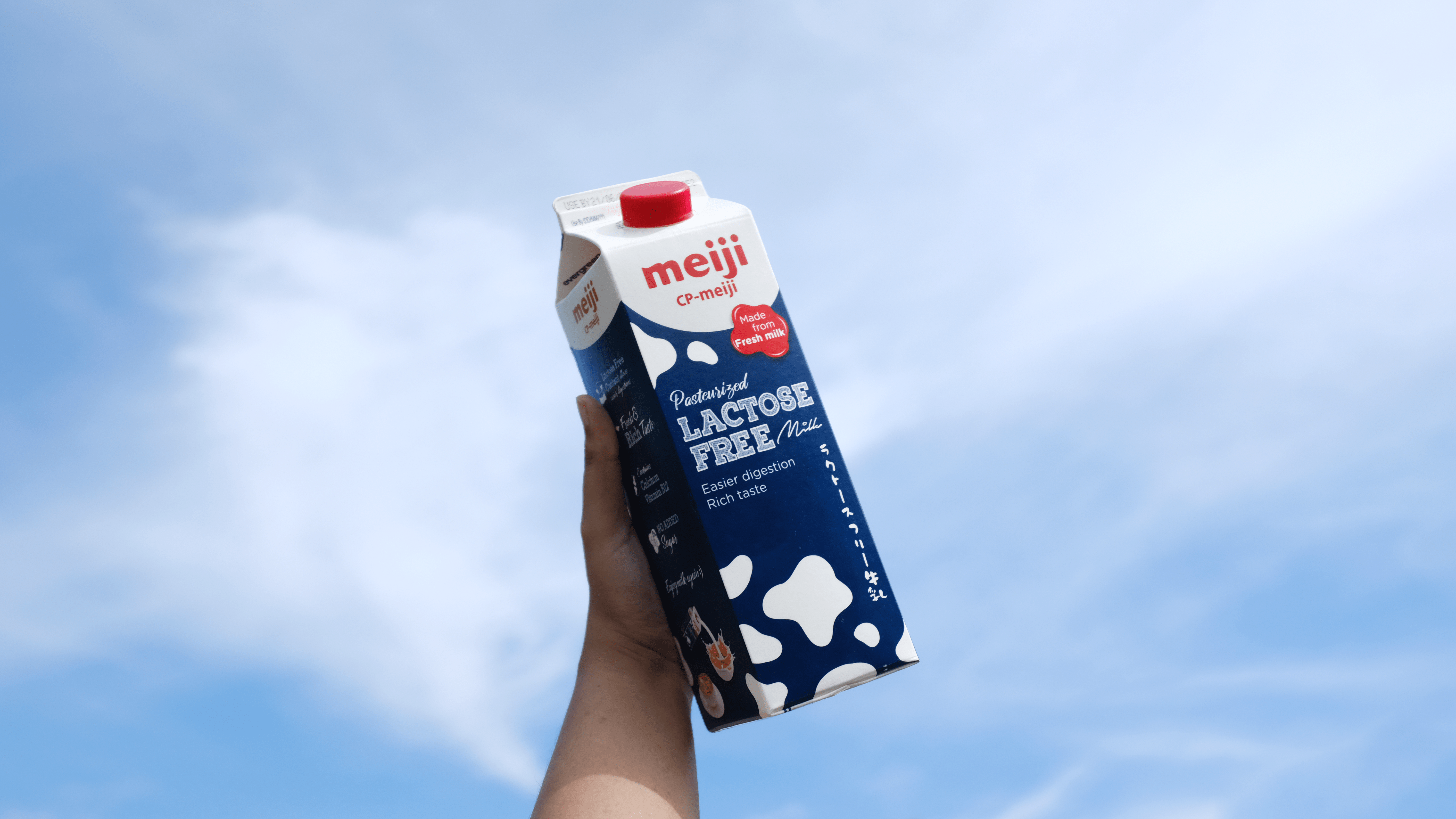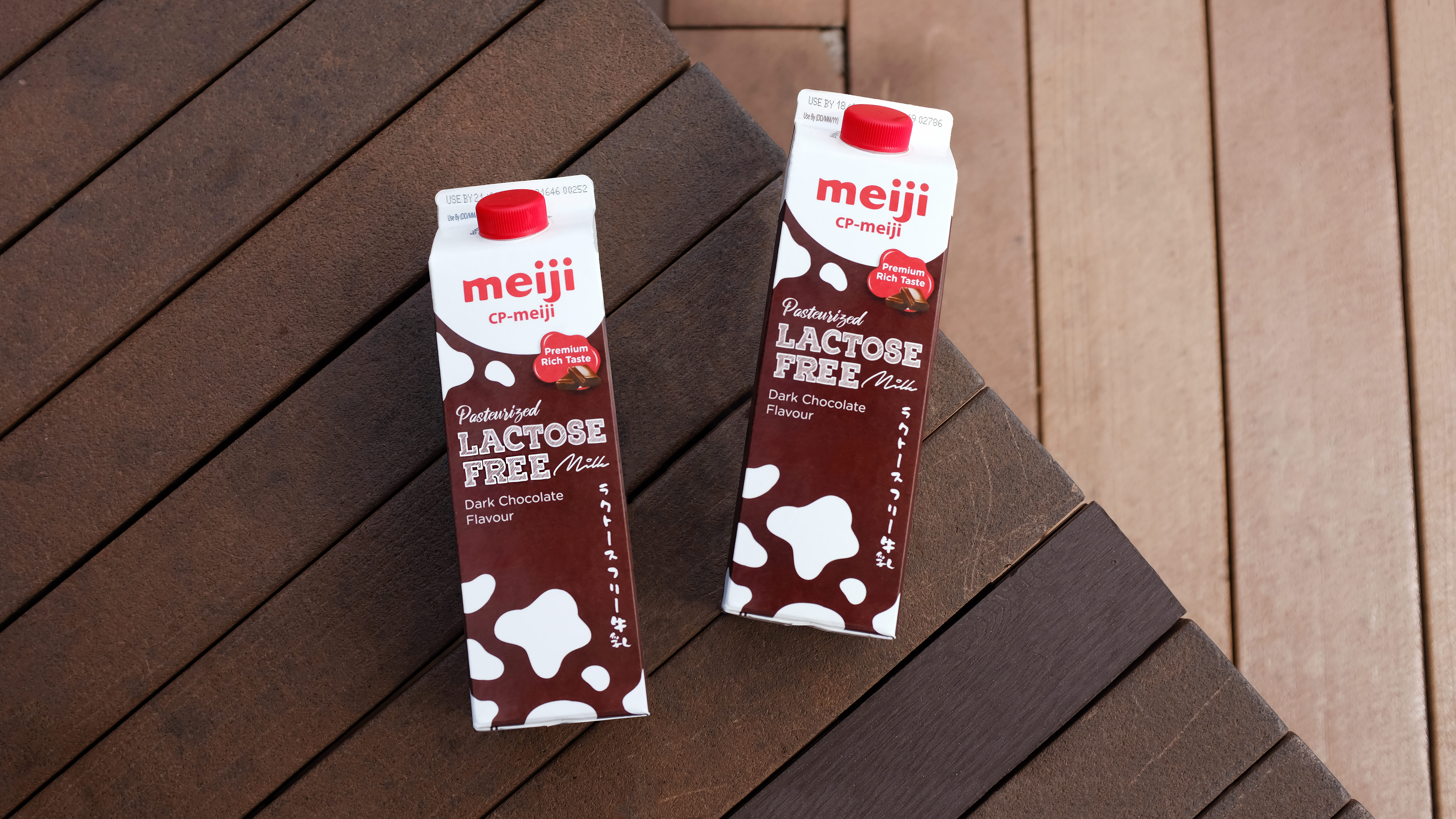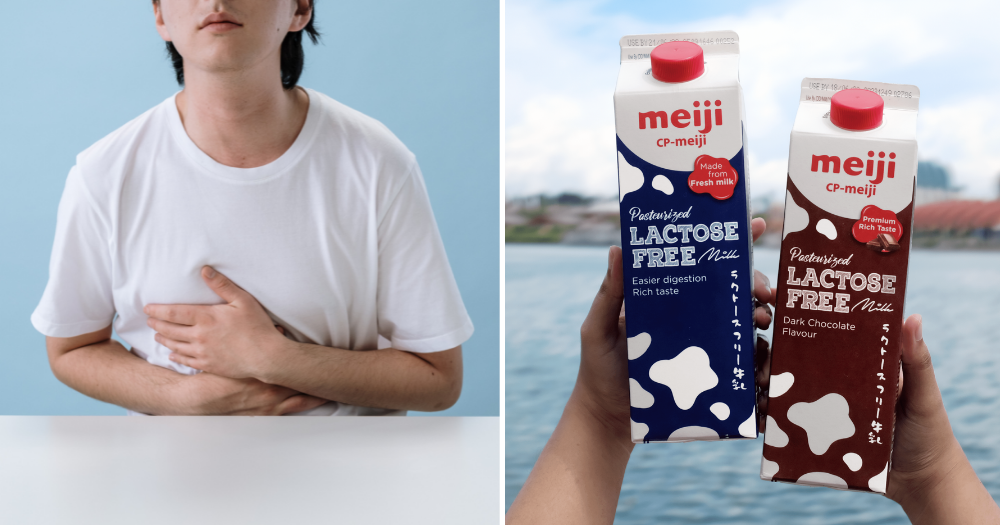Ever had a cup of latte or a dairy product like cheese, then found yourself getting bloated, gassy, or having to make a trip to the toilet?
If this has happened to you before, you’re most likely lactose intolerant, like most Asians are.
90 per cent of Asians cannot properly digest lactose found in dairy, which is quite a high percentage, especially when compared to about 25 per cent of northern Europeans.
That’s a big difference, but to figure out why this trait is so prevalent among Asians, we need to understand the history behind lactose intolerance.
Why are we lactose intolerant in the first place?
Have you ever noticed that humans are the only mammals that still drink milk in adulthood?
Well, that’s because lactose, the sugar found in milk, requires a specific enzyme known as lactase to be properly broken down and digested.
As we grow up and start to wean off our mothers’ milk, our bodies automatically stop producing lactase as we no longer need it.
If we drink milk as adults without being able to produce the lactase that breaks down lactose, the lactose remains in our guts and ferments.
This leads to the uncomfortable symptoms associated with lactose intolerance – bloating, abdominal cramps, and even diarrhoea.
About 30 to 40 percent of people can digest lactose
So how did we get to where we are now?
It started around 10,500 years ago, when our ancestors started rearing animals like cows and drinking their milk.
In what's now known as Turkey, humans started developing a mutation that allowed them to produce lactase and digest lactose in adulthood.
It is believed that this trait must have given these humans an evolutionary advantage, as it was passed down across generations.
In hindsight, it’s not difficult to see why being able to properly digest milk can be a huge benefit. Given that it is all newborns require for sustenance and growth – the nutritious content of milk is undeniable.
The global distribution of people who can digest lactose appears to be closely linked to locations where people could historically grow cattle, which explains why so many Asians are lactose intolerant.
In fact, only 30 to 40 per cent of people worldwide can digest lactose.
So if you feel out of place while your friends happily sip away at their milk tea, know that lactose intolerance is quite common, and depending on the way you think of it – pretty normal.
So what options do those with lactose intolerance have?
If you’re lactose intolerant, you might have noticed over the course of your life that you face stomach troubles after eating dairy.
You can probably consume some amount of yogurt or cheese, which are processed forms of dairy that contain less lactose, though perhaps to varying degrees.
Even for the lactose intolerant, having a cup of dairy milk is a habit that might be hard for many to let go of, especially if it has always been a staple in your diet.
If you’re tired of tolerating your lactose intolerance, why not go for the lactose-free option?
Meiji Lactose Free Milk
Meiji, one of Singapore’s biggest and well-known milk brands, has its own series of lactose-free milk products.

Lactose-free milks are designed to not leave those with lactose intolerance with stomach troubles. They work by adding lactase to help you break down lactose first.
If you experience diarrhoea from drinking milk, the dairy is passing right through you.
That means you’re missing out on all the benefits of the milk you just drank, including essential nutrients like calcium, vitamin B12, vitamin B2, magnesium and protein.
Meiji Lactose Free Milk helps milk drinkers easily absorb all the nutrients of milk without any worries, so you don’t have to let your lactose intolerance deprive you of the joy of drinking good old cow’s milk.
For chocolate lovers, Meiji has a dark chocolate flavoured lactose-free milk.
Meiji Dark Chocolate Lactose Free Milk is also a good option for those who are health conscious or are watching their sugar intake.
According to CP-Meiji Singapore, a glass of the milk contains less sugar than an apple.
It is also trans-fat free.

Does it taste any different?
Compared to regular milk, lactose-free milk might taste slightly sweeter.
This is simply a byproduct of the lactase added in the milk, which has broken down the lactose into simple sugars.
The lactose-free version actually has no added sugar, so it is nutritionally interchangeable with ordinary fresh milk.
In fact, it might actually be the more considerate move to get the lactose-free option for the sake of your lactose intolerant family and friends.
Both Meiji Lactose Free Milk are priced at S$4.95 per carton and are available at leading supermarkets and Redmart.
Top images by CP-Meiji Singapore and Pexels.
This sponsored piece by CP-Meiji Singapore has reminded the writer of the times she had to make a run for the toilet as she is lactose intolerant.
If you like what you read, follow us on Facebook, Instagram, Twitter and Telegram to get the latest updates.
